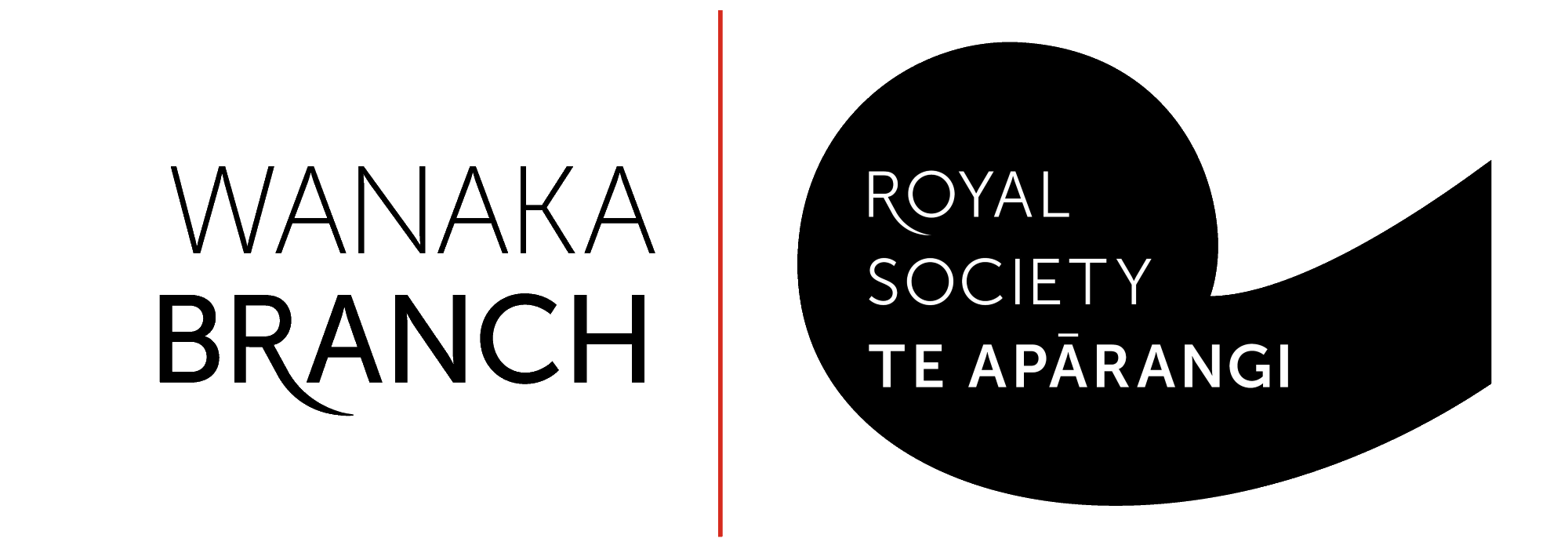How should society prepare for advances in Artificial Intelligence?
Friday 4 Aug 2017, 6.00pm, Presbyterian Church Hall, 91 Tenby St, Wanaka. Assoc. Prof. Alistair Knott, Department of Computer Science, University of Otago. Alistair Knott is an Associate Professor in the Computer Science department at the University of Otago. He studied Psychology and Philosophy at Oxford University, then took a MSc and PhD in Artificial Intelligence at the University of Edinburgh. He is an expert on human language modelling, and has published over 90 papers in this area. His book ‘Sensorimotor Cognition and Natural Language Syntax’ (MIT Press, 2012) was called ‘a ground-breaking and foundation-building look at the underpinnings of

